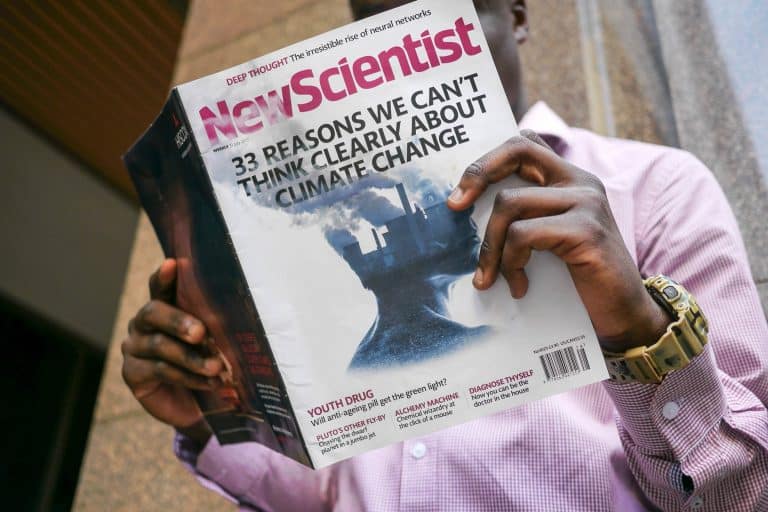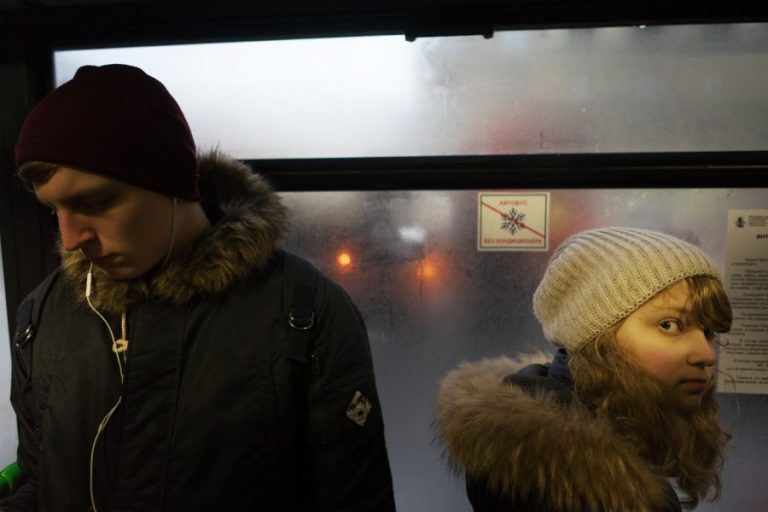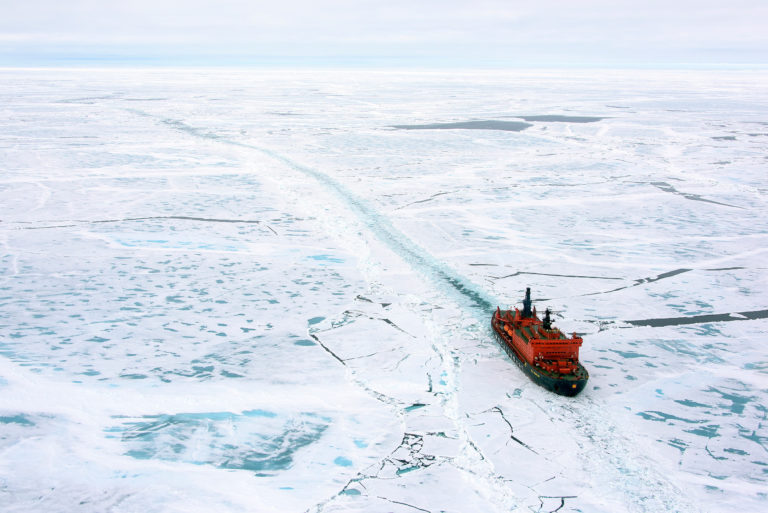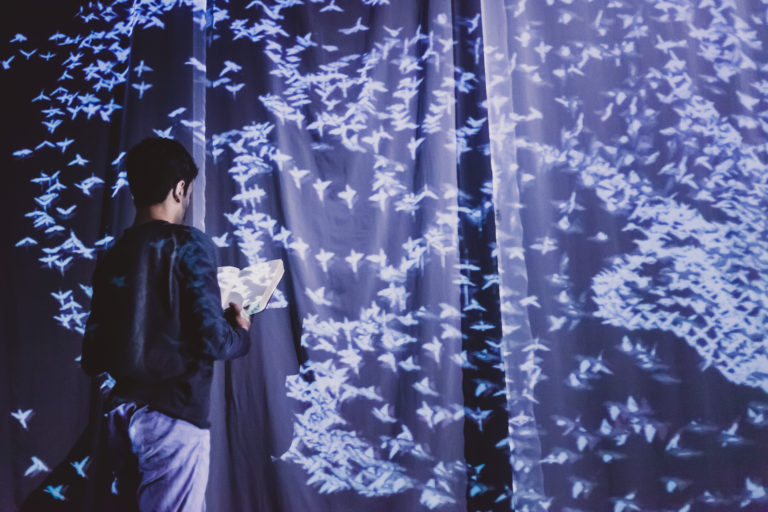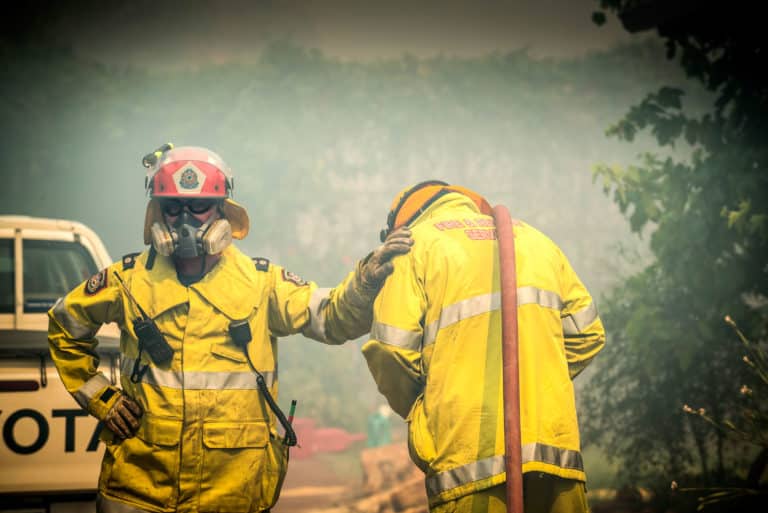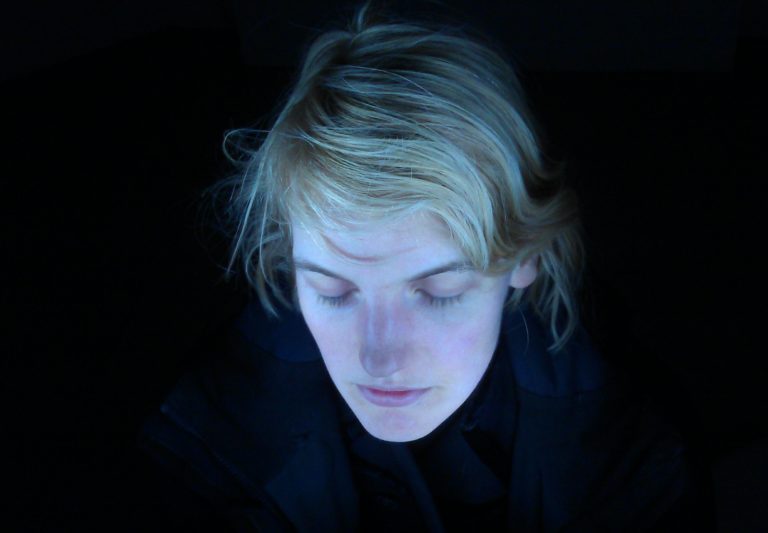science
View
- List View
- Standard View
- Grid View
14 Results
Where do we go when we are beyond hope? A climate scientist reflects on the courage we need to accept that we must continue to pursue solutions, even in the face of failure.
Models and data show what’s happening to our planet, but are our conversations about climate change really about something deeper? A biologist poses a challenge to the scientific community, and to all of us: to infuse our debates not only with factual rigor, but with empathy and compassion, too.
A NASA climate scientist wrestles with the story of the ocean's "long slow slog to equilibrium," the ease of modern life, and the whispers that continue after we're gone.
A sense of mindfulness can help us recalibrate our reactions to those we judge as different or dangerous.
Coverage of climate change frequently sounds the alarm, summoning our worries and fears to call us to action. After 30 years of climate reporting, Andrew Revkin isn't worried anymore. A memoir of climate change that places the human condition in the foreground.
Einstein and Darwin were some of our most poetic writers. But a bifurcation has taken place, a rupture in the disciplines. A literature professor celebrates the natural symbiosis of the world of facts and the creative word.
January 19, 2016
Beware the Polls You Read: Breaking Down the Problem with Pew’s Science & Religion Poll
Yes, there are bad questions. Survey questions about science and religion often foster "Internet hot-takes" rather than deeper public discourse, reducing an already narrowed view of public perceptions and missing the fine-grained details necessary for understanding.
The intellectual rigor of scientists' training often fails to prepare them for the human emotions that accompany the work. And there are consequences for that objectivity. Faith Kearns is a young scientist who makes a compelling argument for integrating the emotional lives of scientists with their vocation.
Happiness. A word that gets bandied about quite a bit lately, and for good reason. An infographic that jogs a host of questions and insights.
Geneticist and Anglican priest Lindon Eaves offers insight on how he's able to take comfort in what he does not know, in both science and religion — something we could all learn from.
Would the Higgs boson exist without our thinking it existed in the first place. Is it possible that by thinking differently – about ourselves, about others, about our universe – we might begin to see things differently?
Physicists have long sought to describe the universe in terms of equations. Now, James Gates explains how research on a class of geometric symbols known as adinkras could lead to fresh insights into the theory of supersymmetry — and perhaps even the very nature of reality.
My grandfather was the Reverend Calvin Titus Perkins, known by all as C.T. He was a Southern Baptist evangelist — a traveling preacher in Oklahoma, the former Indian Territory. He arrived, when he was a very young boy and it was a very young state, in a covered wagon. That…
The science-religion “debate” is an abstraction, and a distraction. It isn’t true to the deep nature of science, or of religion, or to the history of interplay between them. These are convictions I’m left with after a cumulative conversation that began a decade ago. And after spending the spring traveling…
The Pause
Join our constellation of listening and living.
The Pause is a monthly Saturday morning companion to all things On Being, with heads-up on new episodes, special offerings, event invitations, recommendations, and reflections from Krista all year round.
Search results for “”
View
- List View
- Standard View
- Grid View
Filters
Listen
Read

